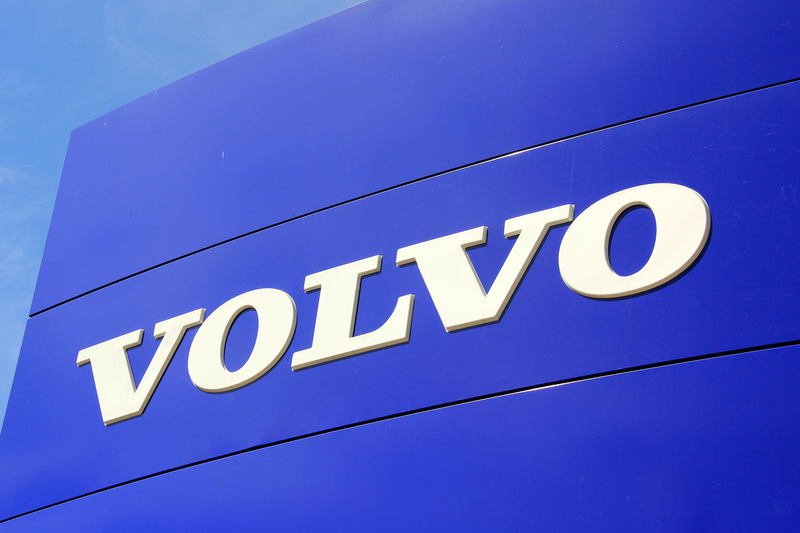Eos Energy stock falls after Fuzzy Panda issues short report
Investing.com -- Bernstein analysts have initiated coverage on European truck manufacturers Volvo (OTC:VLVLY), Daimler (OTC:MBGAF) Truck, and Traton with a negative view, according to a recent report.
The analysts express concern that the sector is currently experiencing near-peak margins, a result of 2-3 years of constrained supply and elevated pricing, which is only now beginning to decline.
The note flags that the sector has delivered strong stock market outperformance in recent years, leading some to believe in a structural change for the better.
However, Bernstein analysts state in their report that the sector remains as cyclical as ever.
The analysts predict a greater than 10% volume decline in 2025 and foresee meaningful share price downside.
Specifically, Bernstein analysts recommend an Underperform rating for both Volvo and Daimler Truck.
They cite a potential 15% downside for Daimler Truck, with its US business being particularly exposed to volume declines, potential US tariffs (due to significant Mexico production), and market share risks.
The analysts are also 17% below consensus on Daimler Truck and believe its relative valuation discount is justified by what they call “worst-in-class” margins and free cash flow conversion.
For Volvo, Bernstein analysts set an Underperform rating with a 10% downside. While acknowledging Volvo’s diversity with its construction equipment and industrial engines units, the analysts remain 15% below consensus and value the stock at 12x P/E.
In contrast, Traton receives a Market-Perform rating from Bernstein analysts, with a 12% upside potential.
The analysts point to Traton’s better exposure and potential upside from unlocking its low free float, as it is still 87% owned by Volkswagen (ETR:VOWG_p).
Bernstein analysts also note that Traton’s Scania brand demonstrates strong margins, and they anticipate future margin improvement, primarily focused on the underperforming US business.
The company also has less than 15% exposure to the US, and more than 50% exposure in Europe.
Bernstein analysts flag several concerns regarding the sector’s outlook. The analysts’ proprietary modeling predicts a 10-12% decline in deliveries in both the US and Europe.
This projection is based on current orders and factors in uncertainty related to tariffs and emissions regulations, which could lead to delayed pre-buys.
Competition from the East, particularly in Battery Electric Vehicle (BEV) trucks, is also identified as a concern, potentially increasing capex and R&D demands.
Additionally, the analysts express skepticism about cost-cutting measures at Daimler.
The brokerage addresses key structural controversies in the sector. On regulation, Bernstein analysts believe that emissions regulations will continue to tighten globally, influencing pre-buying behavior, which is difficult to time for investors.
Electrification is considered to be several years away from wide adoption, and there are early signs of new competition in BEV technology.
Despite these challenges, Bernstein analysts acknowledge the long-term value creation opportunities in the truck sector.
They point to the sector’s vital role in the economy, the potential for revenue growth and margin expansion, and the opportunities to increase service revenue per truck sold.
The analysts also highlight that most markets are mature and consolidated, but there are still pockets of opportunity for companies with strong market positions and pricing power to achieve above-market returns over the cycle.
Bernstein analysts highlight that Volvo is the largest EU-listed truckmaker with a diverse business, including construction equipment and marine/industrial engine units.
While they expect market share gains from new models, they are still 15% below consensus for 2025 and 2026.
The US market is crucial for Daimler Truck, with its Freightliner brand holding a major market share. The analysts express concern about Daimler’s exposure to potential volume decline, US tariffs, and market share headwinds.
Bernstein analysts believe Traton’s valuation is attractive due to its fundamentals and the expectation of a re-rating as Volkswagen reduces its stake.
Traton’s Scania brand is recognized for its strong margins, and the company has a relatively better-placed exposure mix, with a focus on Europe and Latin America.
